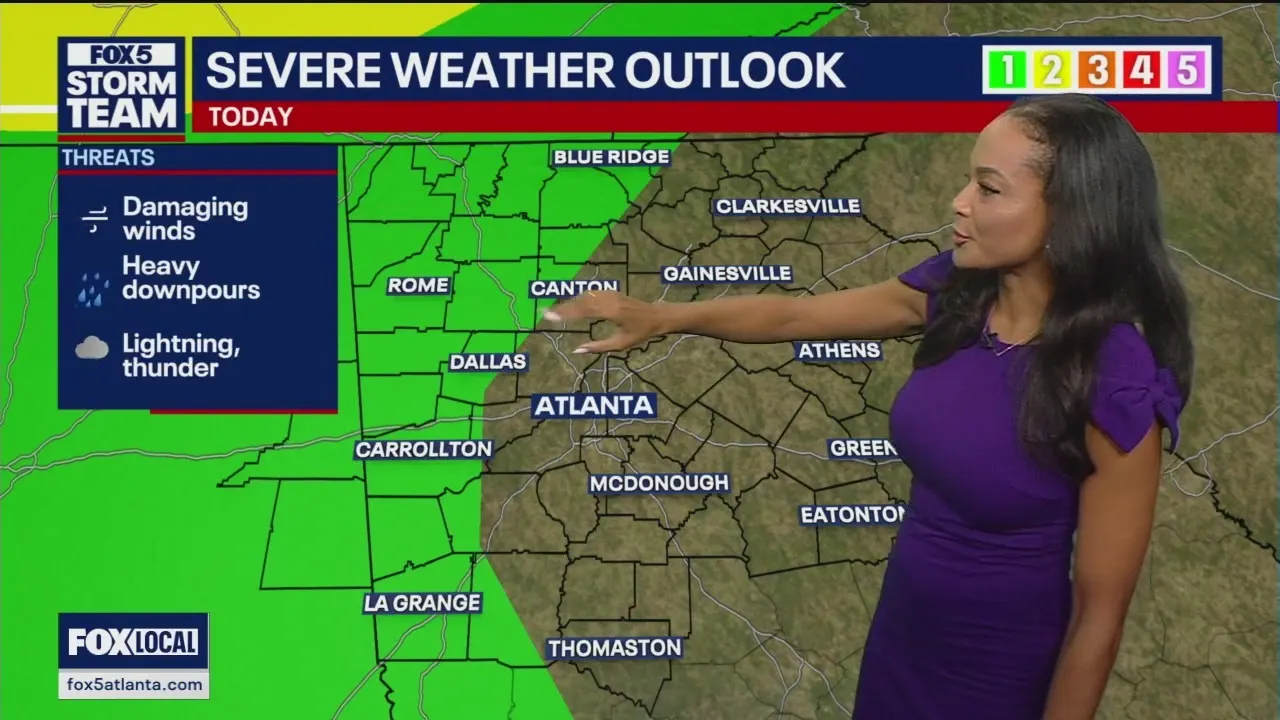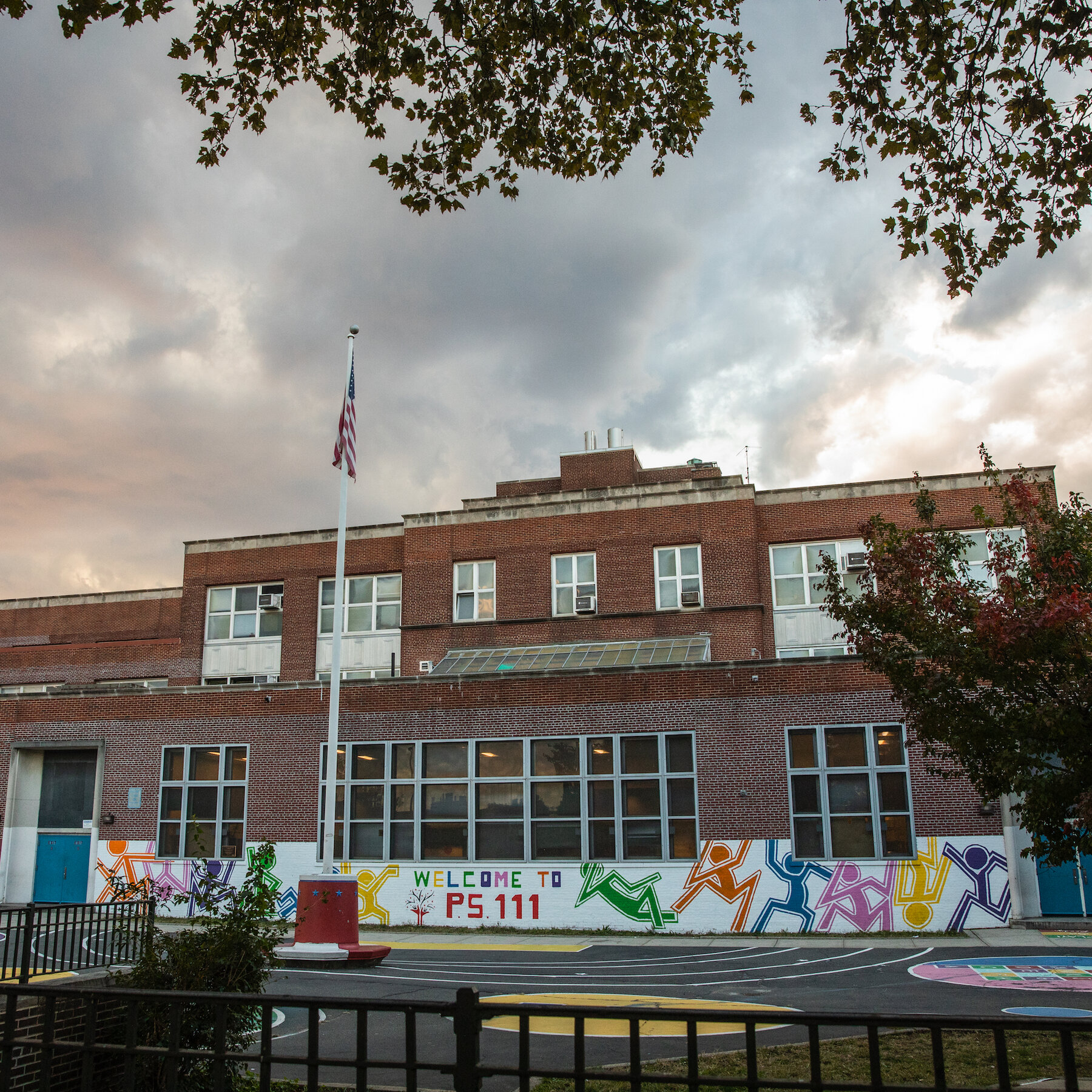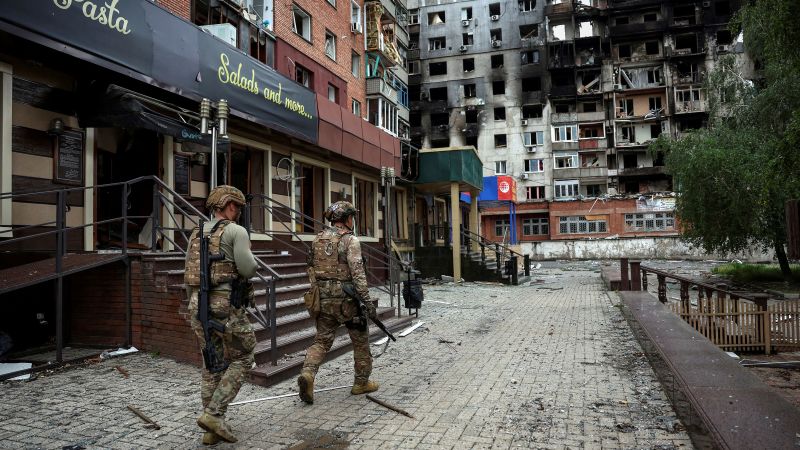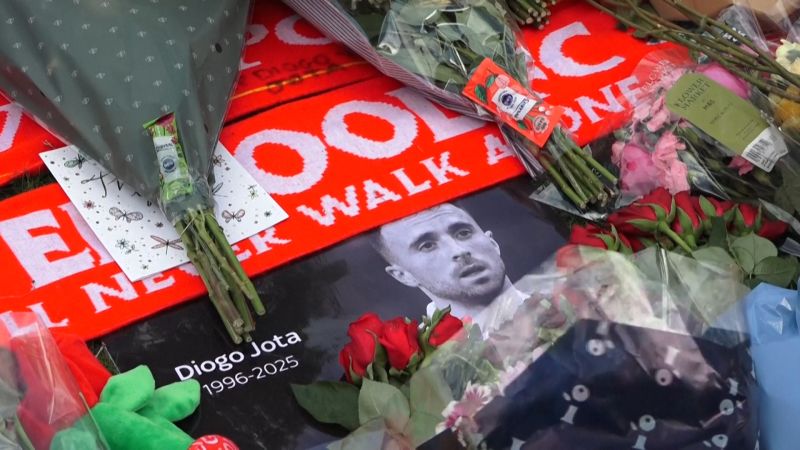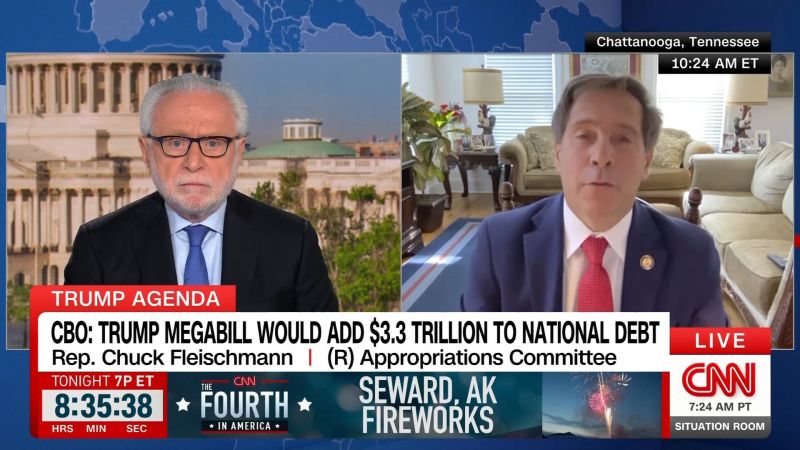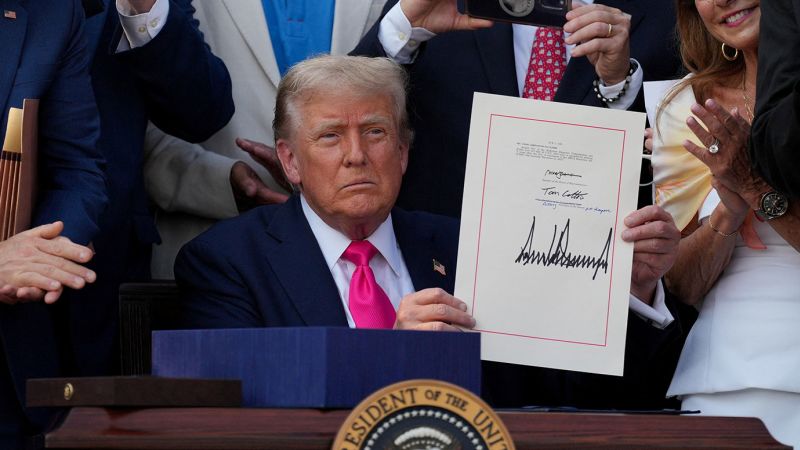Nostalgia’s Role in Shaping American Politics: A Deep Dive
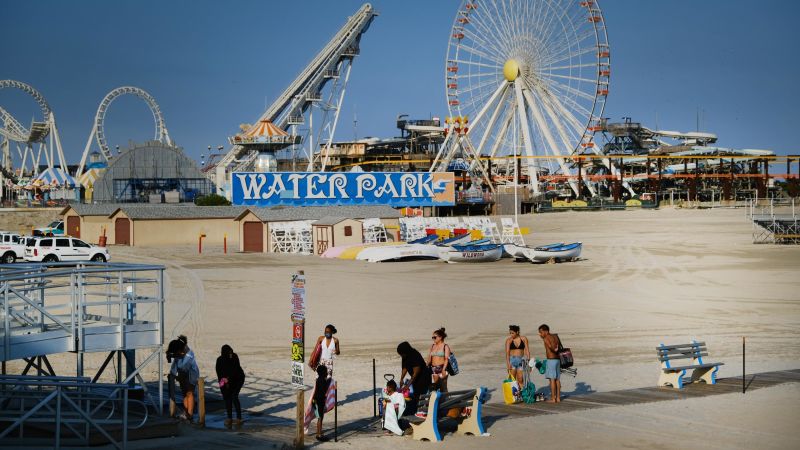
Michael Smerconish, a prominent figure on CNN, recently delved into a topic that resonates deeply with many Americans: nostalgia. In a thought-provoking segment, Smerconish discussed what he considers the best decade in America from his childhood, highlighting how nostalgia influences contemporary American politics.
Nostalgia, often seen as a longing for the past, plays a significant role in shaping political perspectives and decisions. Smerconish’s insights come at a time when the nation is grappling with rapid changes and uncertainties, prompting many to look back at what they perceive as simpler times.
The Power of Nostalgia in Politics
In his analysis, Smerconish pointed out that nostalgia is not just a personal sentiment but a powerful political tool. Politicians often evoke memories of the past to connect with voters, tapping into collective memories to foster a sense of unity or to highlight perceived declines from a golden era.
The use of nostalgia in politics is not new. Historical campaigns have frequently relied on slogans and imagery that harken back to better days. For example, Ronald Reagan’s “Morning in America” campaign in the 1980s capitalized on a sense of renewal and optimism, drawing on the nostalgia of post-war prosperity.
Why the Past Holds Such Appeal
Experts suggest that nostalgia provides comfort during times of social and economic upheaval. According to Dr. Tim Wildschut, a psychologist specializing in nostalgia, “Nostalgia is a way for people to cope with change. It offers a sense of continuity and reassurance.”
This psychological aspect is crucial in understanding why political messages steeped in nostalgia can be so effective. When people feel uncertain about the future, they often turn to the past for stability and guidance.
Historical Parallels and Lessons
Looking back, the appeal of nostalgia in politics can be traced to various historical moments. During the Great Depression, Franklin D. Roosevelt’s New Deal was framed as a return to American values of hard work and community. Similarly, in the post-Vietnam era, there was a yearning for the perceived moral clarity of earlier decades.
More recently, the 2016 U.S. presidential election saw candidates on both sides of the aisle invoking nostalgia. Donald Trump’s “Make America Great Again” slogan was a direct appeal to those who felt left behind by globalization and technological advancement.
The Double-Edged Sword of Nostalgia
While nostalgia can unite and inspire, it can also distort reality. Critics argue that an over-reliance on nostalgic rhetoric can lead to a romanticized and inaccurate view of the past, glossing over historical injustices and inequalities.
According to historian Dr. Sarah Churchwell, “Nostalgia can be a dangerous tool if it blinds us to the progress we’ve made and the work that still needs to be done. It’s important to remember that the past was not perfect.”
Implications for Future Elections
As America heads into another election cycle, the role of nostalgia in shaping voter behavior is likely to remain significant. Candidates will need to balance appeals to the past with a vision for the future that acknowledges both the achievements and the challenges of previous generations.
Ultimately, the effectiveness of nostalgia in politics will depend on how well it resonates with the electorate’s current concerns and aspirations. As Smerconish noted, “The past can guide us, but it shouldn’t bind us.”
Looking ahead, it will be crucial for political leaders to harness the power of nostalgia thoughtfully, ensuring it serves as a bridge to a better future rather than a barrier to progress.

